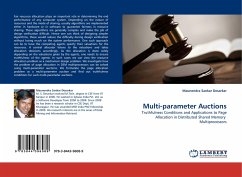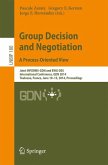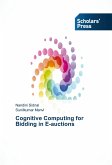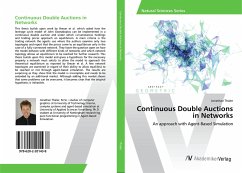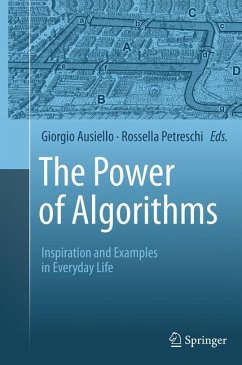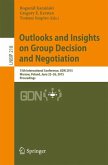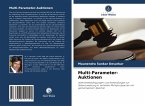Fair resource allocation plays an important role in determining the end performance of any computer system. Depending on the nature of resources and the mode of sharing, usually algorithms are implemented either in hardware or in software to guarantee fairness in resource sharing. These algorithms are generally complex and make the job of design verification difficult. Hence one can think of designing simpler algorithms, those would reduce the difficulty during design verification without losing much on the system performance. One such approach can be to have the competing agents specify their valuations for the resources. A central allocator listens to the valuations and takes allocation decisions accordingly. As the allocation is done solely depending on the valuations given by the agents, one needs to ensure truthfulness of the agents. In such cases we can view the resource allocation problem as a mechanism design problem. We investigate how the problem of page allocation in DSM multiprocessors can be solved using multi-parameter auctions. We formulate the page allocation problem as a multi-parameter auction and find out truthfulness conditions for such multi-parameter auctions.
Bitte wählen Sie Ihr Anliegen aus.
Rechnungen
Retourenschein anfordern
Bestellstatus
Storno

